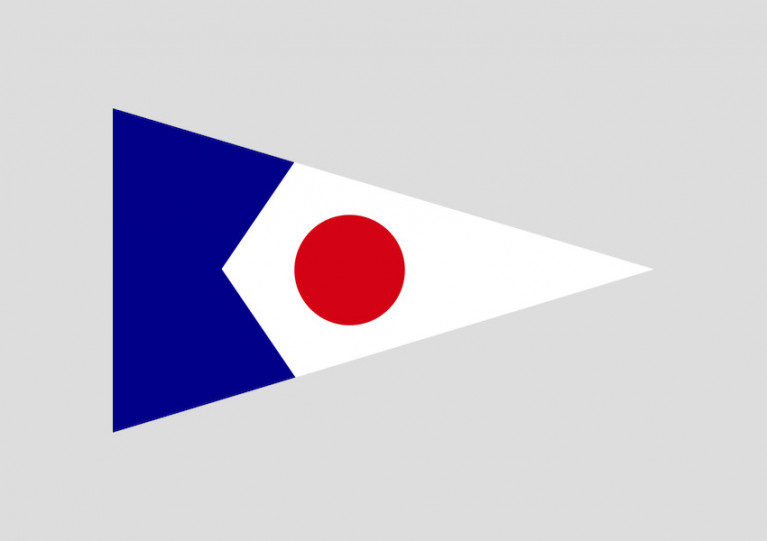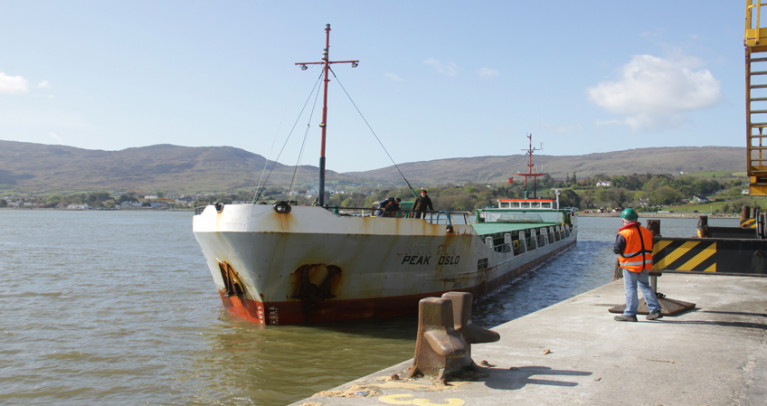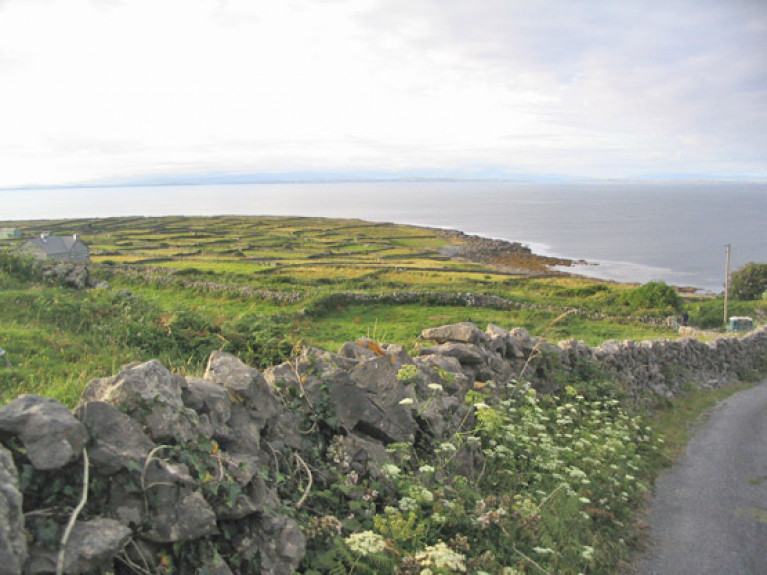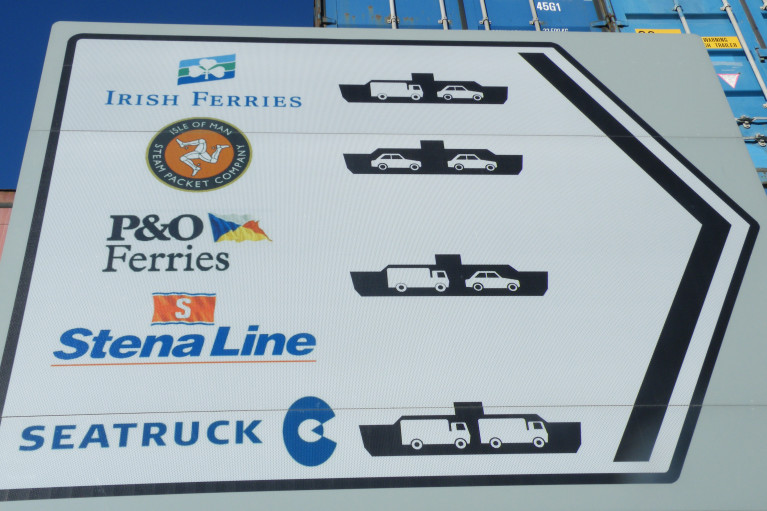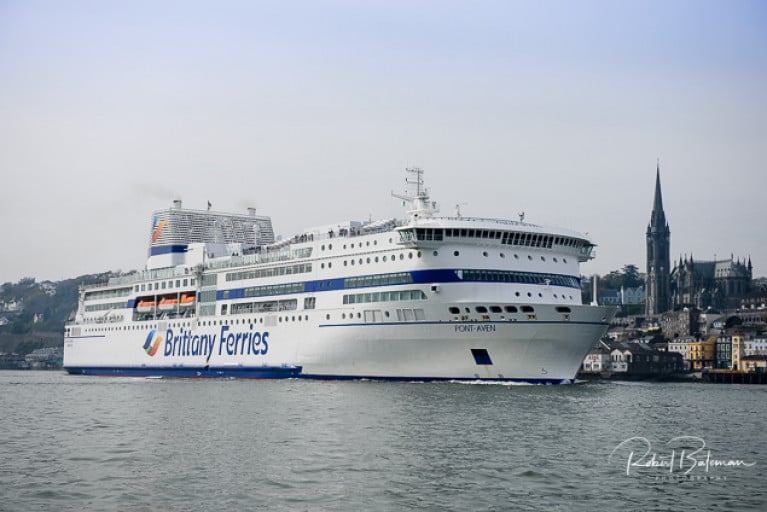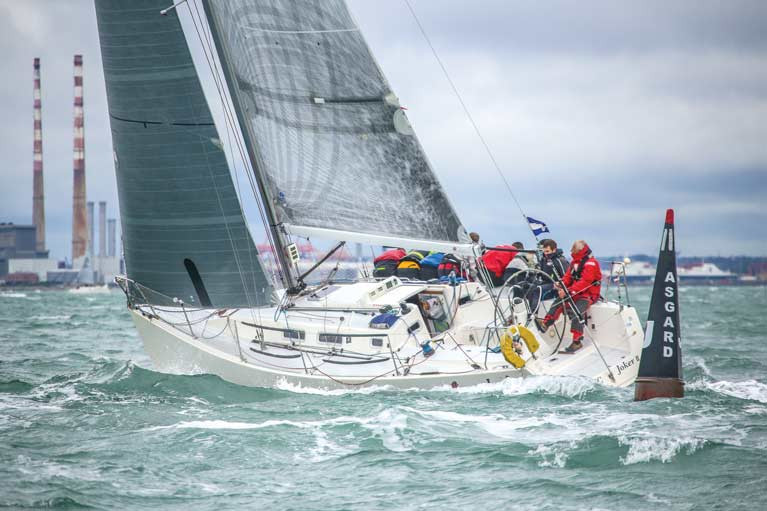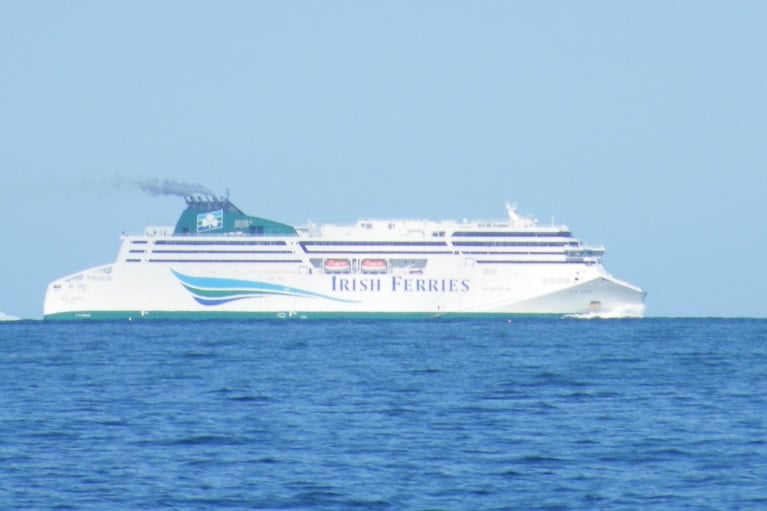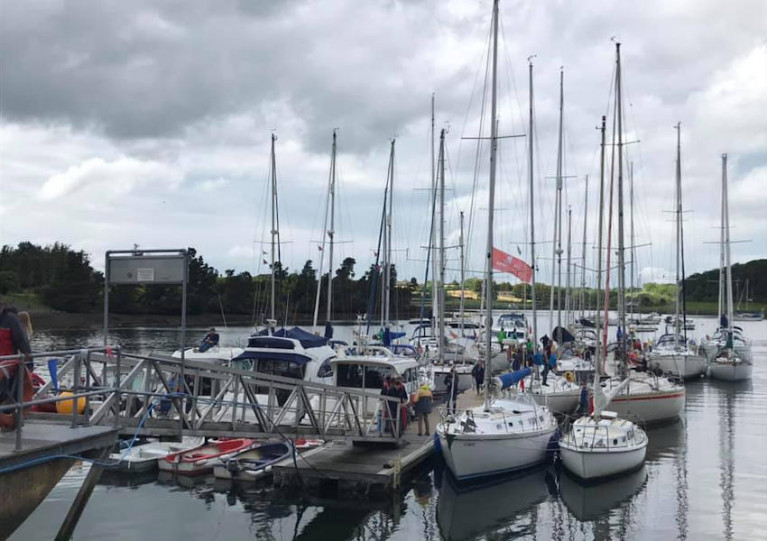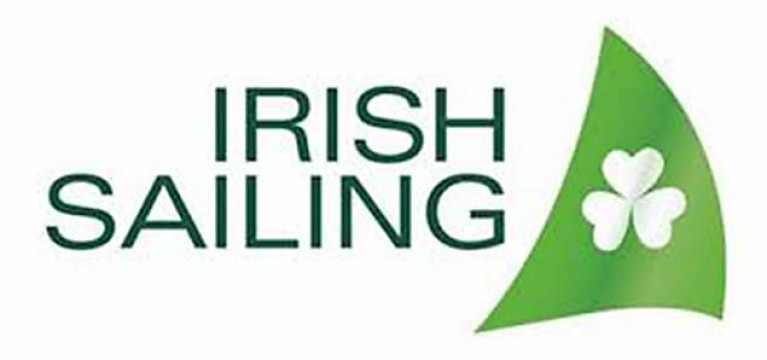Displaying items by tag: COVID19
Permission for overnight stays in England from this Saturday 4 July means a “cautious” return to cruising for those who see their boats in the country, according to the UK’s Cruising Association (CA).
The move follows similar changes already introduced in Northern Ireland in line with the lifting of coronavirus restrictions in the Republic of Ireland.
Wales and Scotland are expected to follow suit by mid July, while Schengen countries throughout the European Union are now working to “get back in sync” with open borders and random testing.
England-resident owners with boats in other countries will be looking to announcements on ‘air bridges’ to allow travel to their vessels — which for now excludes popular cruising destinations like Portugal and Sweden.
The CA reminds that rules for those who travel abroad from England on their own boat are “not yet clear” as permissions and restrictions are on a frequency changing, country-by-country basis.
However, based on requirements in Spain, it’s expected that all on board cruising vessels must social distance at a minimum of 1.5 metres from anyone not a family member; use face coverings in close quarters, such as in shops or on busy streets; and continue hygiene measures such as regular hand washing. Fines of €100 are being levied in Spain for breaking these rules.
CA president Julian Dussek said: “Of course, I’m delighted that many of our members will be able to do some sailing this summer.
“But there are still many challenges in getting to and equipping your boat, sailing safely, and identifying destinations where facilities are open and you can enjoy your stay.
“That’s where the CA comes in. If our members keep posting their experiences on our forums, it could make all the difference for another member following in your tracks.”
The CA website has a section regularly updated with the latest information for cruising in Europe and the Mediterranean.
Warrenpoint Port held for the first time an annual general meeting (AGM) virtually due to the unprecedented circumstances brought by the COVID-19 pandemic and current Government guidance on social distancing.
A digital copy of the Co. Down's port Annual Report, outlining the performance of the Harbour in 2019 can be viewed and downloaded here
The report according to Warrenpoint Port confirms their position as the second largest harbour in Northern Ireland with tonnage of 3.5 million tonnes as we recorded turnover of £6 million.
While the coronavirus continues to impact locally and across the globe, Warrenpoint Port has remained open throughout the lockdown, as we have worked with our customers to fulfil our important role helping to ensure the local economy and food supply chains have continued to flow.
There was significant progress made throughout 2019 in efforts to optimise the harbour estate as we continued to invest in the reconfiguration of the port while work on the restoration and refurbishment of our landmark Town Dock House was completed in October re-establishing a direct interface between the harbour office and the town itself.
As it was impossible to hold our AGM in public, members of our community were invited to submit questions in advance of the meeting (held last Tuesday) for consideration.
There was a huge response from our community, and we are pleased to provide answers to these questions below.
Due to the volume of questions received, particularly in regards to the development by Nippon Gases of a liquid CO2 hub to service the Irish food and drinks market, some questions have been summarised in order to provide as full and concise answers as possible.
Individual responses will follow by email by the end of the week.
AGM Questions and Answers here
It’s been confirmed that tourist travel to offshore islands will be permitted from next Monday under the next phase of lifting coronavirus restrictions, which was announced last night (Thursday 25 June).
RTÉ News reports that the move was recommended by the Attorney General and the National Public Health Emergency Team (NPHET) after consultation with Comhairle na nOileán, the authority for Ireland’s island communities.
However, Comhairle na nOileán said it was not responsible for public health decisions.
Earlier this week, the islands federation Comhdháil Oileáin na hÉireann echoed comments from Gaeltacht Minister Sean Kyne in their opposition to the early lifting of travel restrictions to offshore islands, instead recommending a phased approach.
As Lorna Siggins reported for Afloat.ie, a survey conducted Inis Óirr last week indicated 92% of residents and businesses oppose reopening for the remainder of the summer due to fears over the spread of Covid-19, of which there has been one confirmed case across all three Aran Islands.
Restrictions on foreign travel are set to be lifted on Thursday 9 July, with the Government to provide a ‘green list’ of countries where people can travel without being subject to mandatory 14-day quarantine.
Restrictions on foreign travel will be eased from (Thursday) July 9th with travellers permitted to move between countries with similar levels of coronavirus infection.
As The Irish Times writes, a green list will be compiled before that date detailing which countries people can travel between without having to undergo a 14-day quarantine - but it will not include Britain if current Covid-19 trends continue.
Taoiseach Leo Varadkar also said checks and controls would be stepped up in airports and ports and there will be an expanded list of exceptional personnel who don’t have to abide by quarantine measures.
Mr Varadkar said the list of accepted countries could change every two weeks.
“If a country ends up having a second wave, they may be taken off the list.”
For more comments from the Taoiseach on what was potentially his last press conference click here.
Operator Brittany Ferries Confirms Date of Passenger Services to Resume Cork-Roscoff Route
Operator Brittany Ferries have confirmed that passengers will be able to travel to France from Cork via the high seas from (next) Monday, 29 June.
The ferry service, writes CorkBeo.ie, will be running a limited service of five ships over the next few weeks before three more ships are launched in July.
For the safety of passengers, freight drivers and crew, passenger capacity will be limited onboard by more than 60%.
From next week Irish passengers will be able to travel from Cork and Rosslare to Roscoff, France, and Rosslare to Bilbao, Spain.
Ferry travel is thought to be one of the safest modes of international transit as passengers can opt to stay in their cars for the duration of the journey, in their personal cabin, social distance in the wide public spaces or stay on the open deck areas.
In a statement, Brittany Ferries said: “Capacity limits will be ship dependent, and will be reviewed as the summer progresses.
For further reading includng the operator's 12-point guide to safe travel this summer click here.
Commodores in Conference as Sailing Set to Resume in Accelerated Phase Three from June 29th
Yacht Club Commodores from across Ireland have a conference call planned for tomorrow (Thursday) to see do they all interpret the lockdown-easing regulations the same way as sailing prepares to resume this weekend.
The acceleration of the easing of restrictions means clubs and sailing centres will now be under pressure to turn around changes quickly for the proposed 29 June start date.
Already, the country's largest racing club, Dublin Bay Sailing Club has advised members it intends to resume two weeks earlier than planned on July 7th.
Following the Taoiseach’s announcement last Friday, Irish Sailing is in the process of revising Phase three and four of its Return to Sailing Scheme. Irish Sailing has published its latest update here.
Multi-household groups will be able to crew on boats, committee boats, safety boats using a ‘pod’ system under Phase three much like Afloat described here in early May.
Irish Sailing CEO Harry Hermon says 'It appears that there will be little change in activities on the water between Phases three and four, so effectively the plan for Phase three is likely to be in place for the foreseeable future (ie the ‘New Normal’).
The main changes anticipated under phase 3 are:
- The focus for activities will be to maintain physical distancing where possible and to put in place effective measures (eg following Government guidelines on contact tracing and face masks)
- Local, Regional and National competition may resume
- Multi-household groups will be able to crew on boats, committee boats, safety boats using a ‘pod’ system (maintaining regular crew as much as possible)
- Training will also be encouraged to use a ‘pod’ system as much as possible (ie the same groups working with the same instructor for the duration of the course)
- Travel restrictions expanded to all Ireland
- Up to 200 people can gather outdoors
- Club catering facilities serving a ‘substantial meal’ may open
€70m Funding Package Approved To Support Sport Sector Emerging From Covid-19 Shutdown
A funding package of up €70 million has been approved by Government to support the sport sector emerging from the coronavirus shutdown.
This funding package will support the sport sector through:
- funding of up to €40 million for the three main field sports organisations – the FAI, the GAA and the IRFU;
- a Resilience Fund of up to €10 million to support the national governing bodies of sport, such as Irish Sailing;
- a Sports Club Resilience Fund of up to €15 million to support clubs; and
- a Sports Restart and Renewal Fund of up to €5m.
Launching the fund last night (Friday 19 June), Sport Minister Shane Ross said: “The sport sector has been severely impacted by the Covid-19 pandemic and many sporting bodies and clubs are experiencing significant financial challenges.
“We have had extensive contact with the sector and it is clear that the challenge is enormous and is being felt at every level.
“While the scale of this package may seem extraordinarily large, it merely reflects the enormity of the challenges being faced by our sporting bodies.”
Minister Ross said the new funding package “will assist our national governing bodies of sport and sports clubs as they prepare to restart their sports under the Government roadmap.
“Sporting organisations and clubs are hugely important for the social fabric of every community in the country and we want to ensure that the sector recovers as strongly as possible from the current crisis.
“The roadmap accelerations and funding being announced today will ensure the survival of our vibrant sport sector, particularly the network of clubs throughout the country. My officials will now engage with Sport Ireland to design new grant schemes, which will be administered by Sport Ireland.”
Minister of State with responsibility for tourism and sport, Brendan Griffin, added: “Today is the most important day for sport in this country during my time in this office. I am delighted that the Government saw fit to respond to the many loud calls for help from our sporting bodies.
“The scale of lost revenues, from the smallest of club fundraisers to a sold-out stadium, is breath taking. Today’s package will go a long way to aiding the badly needed recovery.”
Funding allocations to national governing bodies and clubs under the new scheme will be determined following a robust grant application and assessment process conducted by Sport Ireland.
Sport Ireland will announce an open invitation to applications from funded bodies for assistance under the grant scheme.
Operator Irish Ferries Unveils Safer Way to Get Away for Holidaymakers to Travel Comfortably When It's Time
Ferry Travel: The prospect of a 2020 holiday abroad seemed all but lost a few weeks ago, but as thoughts turn to the reopening of our country and European destinations begin to lift restrictions, Irish Ferries is delighted to announce new measures to help holidaymakers get away when it’s time.
These additional safety measures will help to ensure customers are guaranteed the safest and most comfortable way to get to their chosen holiday destination in the UK or France when the time comes to travel again.
Many Irish families will have recent or distant memories of holidays in France, and Irish Ferries is delighted to reconnect Irish holidaymakers with the beautiful country. With amazing culture and history, Normandy is ready to be explored. Or hop in the car to Brittany, which has countless beaches to soak up some well-deserved sun, as well as ample destinations to take trips to from La Pointe Saint Mathieu to the iconic Mont Saint-Michel Bay.
With sailings to the UK, families, couples or friends can re-connect with loved ones after many months apart, or simply enjoy a holiday. Haven Holiday Parks are set to open throughout July, perfect for families in Wales. Easy to get to from Holyhead also is the Llŷn Peninsula which features beaches, bays and plenty of walking opportunities along the Llŷn Coastal Path. Looking further afield to the English countryside, the Peak District is awash with natural beauty with plenty of towns and villages to discover too.
Passengers that travel with Irish Ferries know that the holiday begins as soon as they step on board. And while things have been adapted for now, Ireland’s leading ferry operator says that ferry travel provides an already unique experience that is vastly different to air travel and is highlighting several key advantages of taking to the seas when the time is right.
Unlike when flying, passengers can of course avail of the unique benefit of enjoying clean fresh sea air and unbeatable views on outer decks, with ventilation and air conditioning systems on board also using just 100% fresh air.
Irish Ferries has introduced in-car check in, so that passengers can stay in the comfort and safety of their own car during check in. Where passport checks are in operation, passengers are asked to hold up passports from their car for review, limiting contact with staff.
Onboard with Irish Ferries, passengers can sail in space, with plenty of room inside, with clear marking and signage, easily allowing for social distancing. There is ample seating to accommodate passengers and the option of private cabin accommodation on cruise ferry services to both Britain and France.
Irish Ferries has also increased the frequency of onboard cleaning routines. There will be intensified sanitation and disinfection of all common touchpoints throughout ships. Each cabin is cleaned thoroughly after use, with a special device that eliminates viruses and other air and surface contaminants. This device is used in “Clean Room Technology” throughout the pharmaceutical sector and in some hospitals.
To further enhance safety of both passengers and crew, Irish Ferries has amended its food and beverage services on board, in its cafes, restaurants and in-room dining. And there are new protocols in place in public areas with crew and staff that are in direct contact with passengers wearing masks and gloves, and plexiglass at all till points. Hand sanitiser stations are widely available and cinemas, bars, shopping, Club Class lounges and kids soft play areas have been closed for now. However, to keep the family entertained, Video on Demand is available in all cabins on the France service.
Irish Ferries are advising passengers to bring face masks or face covering when travelling and to wear a face covering when moving around public spaces. These are now mandatory by French authorities when travelling to France.
Regardless of where you might like to travel to this summer, be assured, that Irish Ferries offers a safer way to get away, when the time is right and looks forward to welcoming passengers back onboard again soon.
RYA Northern Ireland has released guidance for boaters after a Sport Northern Ireland update confirmed that outdoor activity has moved into Step 2 out of coronavirus lockdown.
However, this is limited to outdoors only and indoor activity/advice remains as it was in Step 1 until further announcements.
The Sport Northern Ireland update highlighted that:
- Groups of up to 10 are now permitted to take part in socially distanced outdoor training.
- No relaxation of restrictions is yet in place for indoor activity and as a result no indoor sports activity is permitted at this time.
- Resumption of outdoor sporting activity at Step 2 is entirely conditional on robust protocols being in place, communicated, fully understood and complied with by all participants. We would therefore urge a cautious approach.
Under the Northern Ireland Executive’s Pathway to Recovery, the following is therefore permitted:
- Outdoor activities involving small groups of less than 10 people during which it may be difficult to maintain social distancing but where contacts are brief (less than10 minutes).
RYANI has since updated and issued its Guidance for Step 2 and considerations of activity that could now take place.
The governing body continues to urge boaters to take a conservative approach to activities and to follow all public health advice in order to best help eliminate Covid-19. Guidance for access to indoors remains in Step 1 until subsequent announcements.
Irish Sailing Waits for Sport Expert Group’s Response to Phase 3 & 4 Return to Sailing Proposal
Irish Sailing is waiting to hear back from the Government's Sport Expert Group to see if mixed household crew (in a pod system) and using regular crew with effective contact tracing as the mitigating factor will be allowed.
Irish Sailing has submitted the proposal for Phase 3 & 4 of the Return to Sailing Scheme and hopes to have a response early next week, along with an indication of the Government’s revised latest Roadmap.
Summer Camps
Although Government guidelines for organising children’s summer camps have been published it hasn’t specifically addressed any relaxation of social distancing measures.


























